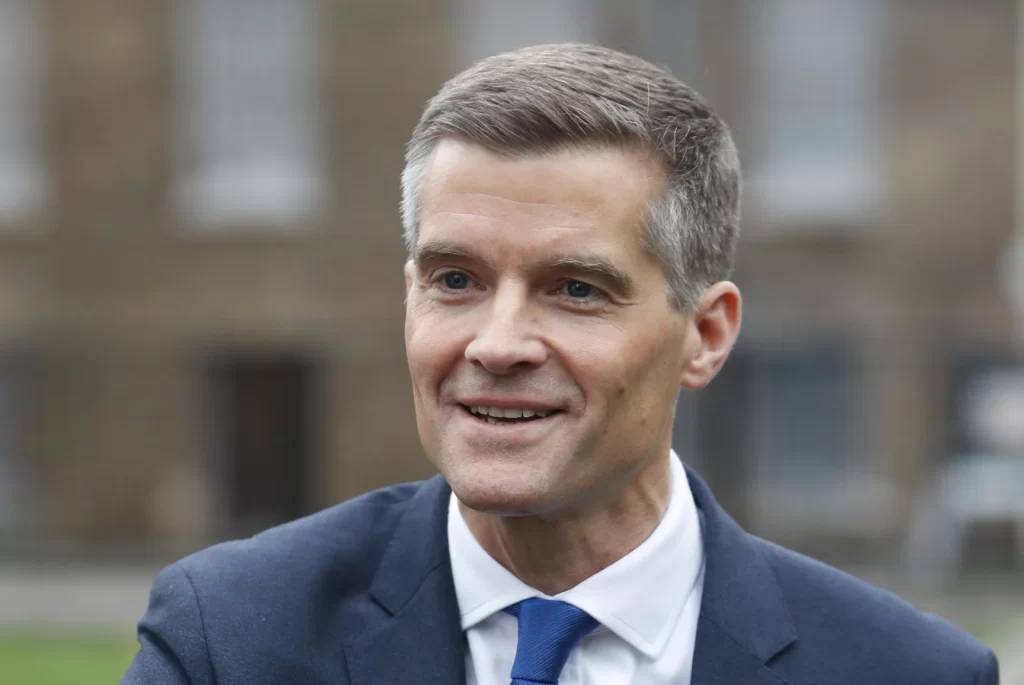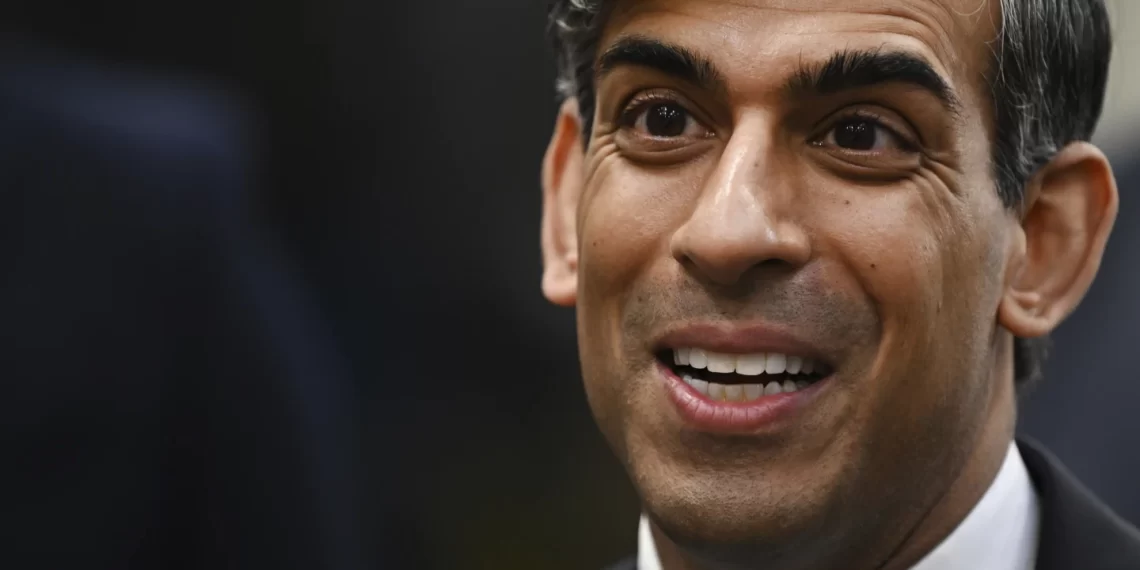In the halls of Westminster’s political arena, where allegiances shift like dunes in a desert storm, the fate of the Conservative Party hangs in the balance.
Recent events have shaken the party to its core. From the lackluster reception of the Prime Minister’s budget to the defection of Lee Anderson to Reform, Tory backbenchers are grappling with a sense of unease.
The fear of electoral defeat looms large, casting a shadow over Sunak’s leadership and prompting questions about the party’s direction.
Amidst the uncertainty, senior cabinet minister Mark Harper emerged as a voice of reassurance. His steadfast defense of Sunak’s leadership, coupled with a call for unity among party members, offers a glimmer of hope in troubled times.
There has been speculation in recent days that some MPs on the right of the party want Penny Mordaunt, the leader of the Commons, to act as a “stalking horse” candidate to trigger a leadership contest before the next general election.
Asked whether Sunak would still be the Tory leader at the election, Harper said “Yes he will. He will take us into that election and he will set out very clearly that we’re a government with a plan. I’m going to be supporting him all the way through, and I’m confident that my colleagues will.”
According to a private polls held on Sunday, March 17 the Tories are heading for the worst defeat in their history. The outcome of the polls suggested Labour could be on course to win 250 seats and the Conservatives fewer than 150.
That would be less than the 165 the Tories won in 1997 and the 156 in 1906’s Liberal landslide. Even the best-case scenario for the Tories indicates a 50-seat Labour majority.
In an effort to calm uneasy colleagues, Harper emphasized the collaborative nature of politics, reminding them that success depends on teamwork.

He said “What I would say to all of my colleagues is this: I spend my time as transport secretary focusing on doing what I think is the right thing for the country, making decisions that I think are sensible. That is the approach that the PM takes as well. He focuses on making the right decisions.”
Inside The Tory Rift And Sunak’s Election Stance
Penny Mordaunt remained silent on the allegations, yet her supporters vehemently denied her involvement, asserting she was oblivious to any scheming and dismissing the accusations as a ploy by her right-wing adversaries to undermine her potential future leadership bid.
Many Conservative Members of Parliament assert that Mordaunt has been actively strategizing for months, openly expressing her willingness to engage with MPs’ constituents and forge connections with local party officials.
Meanwhile, Rishi Sunak ruled out the possibility of calling a general election on May 2nd, the same date as the local elections. Instead, he previously hinted at a later date this autumn.
Opposition parties, including Labour and the Liberal Democrats, who had been advocating for a May election, have criticized the Prime Minister, accusing him of indecision and of clinging onto power at 10 Downing Street.
Harper stated that “The prime minister made it quite clear at the beginning of the year that his working assumption was the election was going to be at the end of the year. All this sort of froth we’ve had about an election being in May was always nonsense, frankly, and he made that clear at the beginning of the year.”
Meanwhile, the opposition watched with bated breath, seizing upon the discord within Conservative ranks as an opportunity to pounce. Jonathan Ashworth of the Labour Party urges Sunak to name the election date, accusing him of shirking responsibility and plunging the nation into uncertainty.
However, as the battle lines are drawn and the countdown to the election begins, one thing is certain: Rishi Sunak is ready to lead the charge for Tories.
READ ALSO: The Lost Art of Living



















